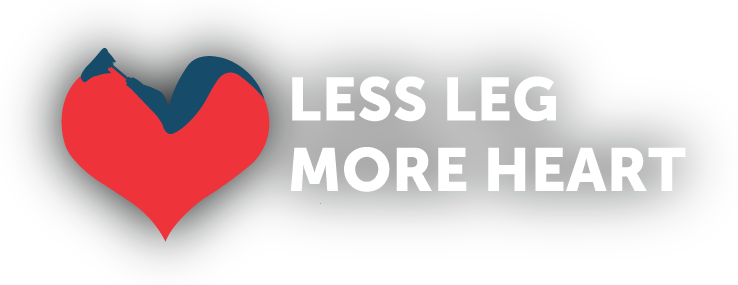How Support Groups Can Aid Mental Recovery for Amputees
Importance of Social Support Post-Amputation
Facing the challenges of limb loss can take a toll on both physical and mental well-being. While medical treatment and rehabilitation play a crucial role in recovery, the power of social support should not be underestimated. Connecting with others who have shared similar experiences can provide invaluable emotional support, understanding, and encouragement during the recovery process.
Types of Support Groups Available
Amputee support groups come in various forms, catering to different needs and preferences. Some common types of support groups for amputees include:
In-Person Support Groups: These groups meet face-to-face, allowing participants to connect with others in their local community and build meaningful relationships.
Online Support Groups: Virtual support groups provide a convenient platform for individuals to connect with peers from around the world, offering flexibility and accessibility for those unable to attend in-person meetings.
Specialized Support Groups: Some support groups cater to specific demographics or interests, such as groups for veterans, athletes, or individuals with specific types of limb loss.
How to Find the Right Support Group
Finding the right support group is essential for maximizing the benefits of social support. Here are some steps to help you find a suitable support group:
Research: Start by researching support groups in your area or online, and explore their mission, values, and meeting formats to determine compatibility with your needs and preferences.
Attend Meetings: Attend a few meetings or online sessions to get a feel for the group dynamics and see if it's a good fit for you. Don't be afraid to try out different groups until you find the one that feels right.
Ask for Recommendations: Reach out to your healthcare provider, prosthetist, or fellow amputees for recommendations on reputable support groups in your area or online.
Personal Stories from Group Participants
Real-life success stories from participants of amputee support groups highlight the transformative impact of social support on mental recovery:
Jenny's Story: After losing her leg in a car accident, Jenny felt isolated and overwhelmed by her new reality. Joining an online support group connected her with others who understood her struggles and provided encouragement and guidance as she navigated her recovery journey.
Tom's Story: As a veteran who lost his leg in combat, Tom struggled with feelings of guilt, anger, and isolation. Attending in-person support group meetings with fellow veterans helped him find camaraderie, acceptance, and a renewed sense of purpose in supporting others facing similar challenges.
Virtual Support Options and Resources
For those unable to attend in-person support group meetings, virtual support options offer a convenient alternative. Online platforms such as social media groups, forums, and video chat sessions provide opportunities for connection, sharing experiences, and accessing valuable resources from the comfort of home.
By joining amputee support groups, individuals can find comfort, camaraderie, and encouragement in their journey towards emotional and mental recovery. Whether in-person or online, the power of social support can make a significant difference in navigating the challenges of limb loss and reclaiming a fulfilling life post-amputation.

